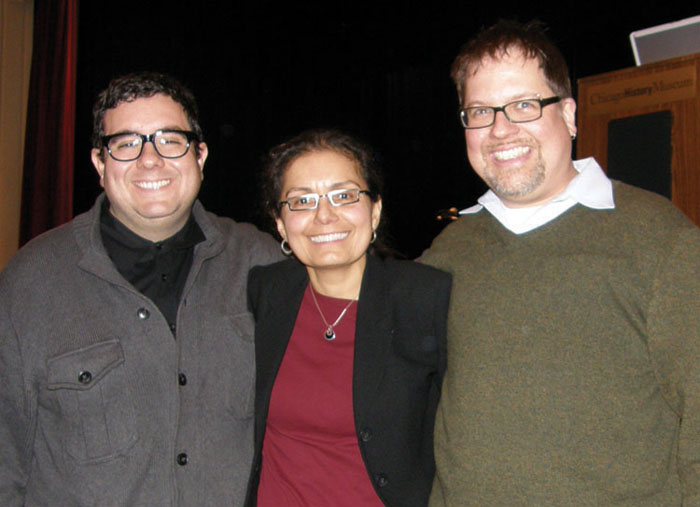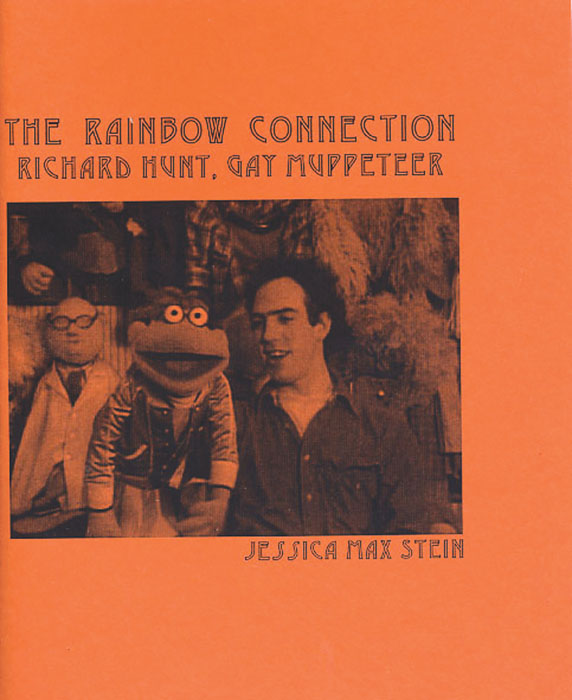It has now been almost a month since Windy City Times first broke the news that Howard Brown Health Center (HBHC) had placed its CEO and CFO, Michael Cook and Mark Joslyn, respectively, on paid administrative leave. Since then, HBHC has revealed no details about the reasons for its actions, only issuing a series of increasingly cryptic press releases promising further details.
The Chicago History Museum’s (CHM’s) ongoing series, Out at CHM, featured local gay historian John D’Emilio on April 15. D’Emilio, a professor of history and gender and women’s studies at the University of Illinois at Chicago, presented a piece entitled “Richard Nixon, Gay Liberationist?” Speaking to a packed auditorium, D’Emilio discussed the implications of his research for scholars of queer history. He argued that while it was tempting to read the virtual end of the harassment of gay bars in the 1970s as a sign of the success of queer resistance to the Daley machine, the truth might be more prosaic and linked to wider national political changes of the time.
The University of Illinois at Chicago hosted its third annual Lavender Forum April 15, an event co-sponsored by the Gender and Sexuality Center and the Chancellor’s Committee on the Status of Lesbian, Gay, Bisexual, and Transgender Issues. The forum began in 2008 as a daylong series of presentations by faculty and students. This year, it focused on student work that included the winners of a paper competition and the recipients of the Gender and Sexuality Center’s Kellogg Rainbow Merit Scholarship.
The Chicago History Museum’s Out at CHM series hosted its first Latina/o event March 4. Titled “Queer Latinos: Art and Change,” the program showcased the work of two researchers, Lourdes Torres and Lawrence La Fountain-Stokes who presented on their Chicago-based work in the Latino/a community. They were introduced by Ramon Rivera-Servera, an assistant professor in the department of performance studies at Northwestern University.

![The Essential Dykes to Watch Out For by [Bechdel, Alison]](https://images-na.ssl-images-amazon.com/images/I/61tluUv0qqL.jpg)


